bloodsucking insect 6 letters
If you are looking for Tick, Bloodsucking Image & Photo (Free Trial) | Bigstock you've visit to the right place. We have 10 Images about Tick, Bloodsucking Image & Photo (Free Trial) | Bigstock like The Rise Of Bloodsucking Insects You Can't Just Swat Away : NPR, Pin on Insecten met een job and also Insects Name Images, Stock Photos & Vectors | Shutterstock. Read more:
Tick, Bloodsucking Image & Photo (Free Trial) | Bigstock
 www.bigstockphoto.com
www.bigstockphoto.com
tick bloodsucking
Pin On Insecten Met Een Job
 www.pinterest.com
www.pinterest.com
bloodsucking insect
Triatoma Sanguisuga, The Eastern Bloodsucking Conenose By Alex Wild
 www.pinterest.com
www.pinterest.com
triatoma sanguisuga bloodsucking eastern
Dog Tick Bloodsucking Insect On Skin Stock Photo 517758541 | Shutterstock
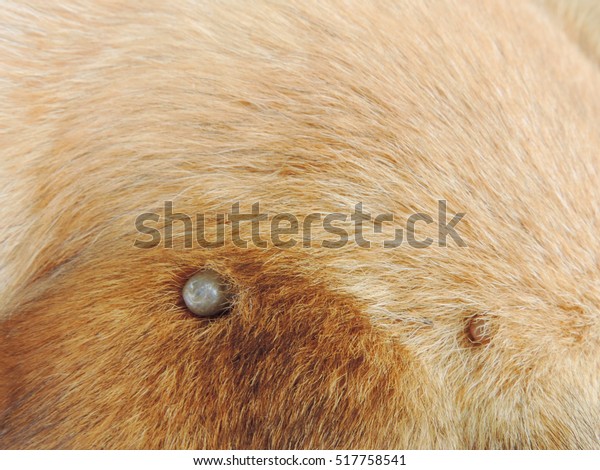 www.shutterstock.com
www.shutterstock.com
tick insect bloodsucking
Bug Bites In The Summer - Charleston Physicians
 www.charlestonphysicians.com
www.charlestonphysicians.com
bloodsucking bloodsuckers
The Rise Of Bloodsucking Insects You Can't Just Swat Away : NPR
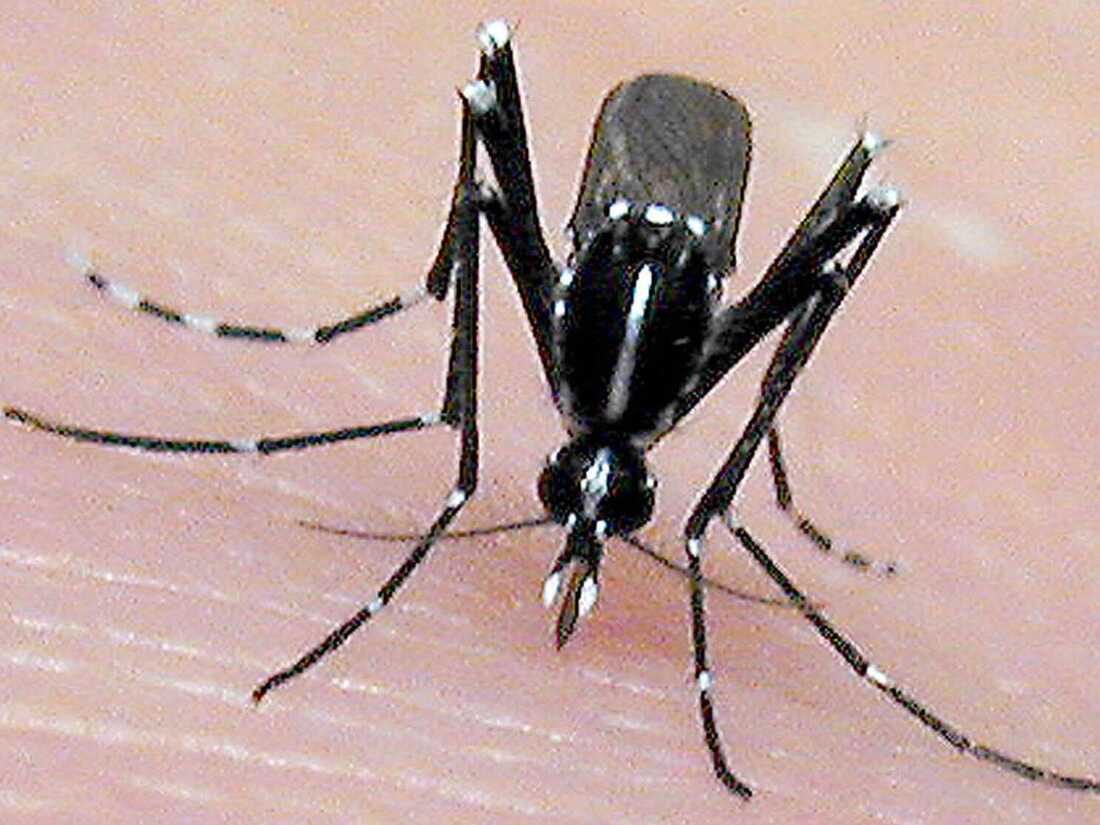 www.npr.org
www.npr.org
bloodsucking npr swat transcript
Crickets : Top 15 Facts About Crickets
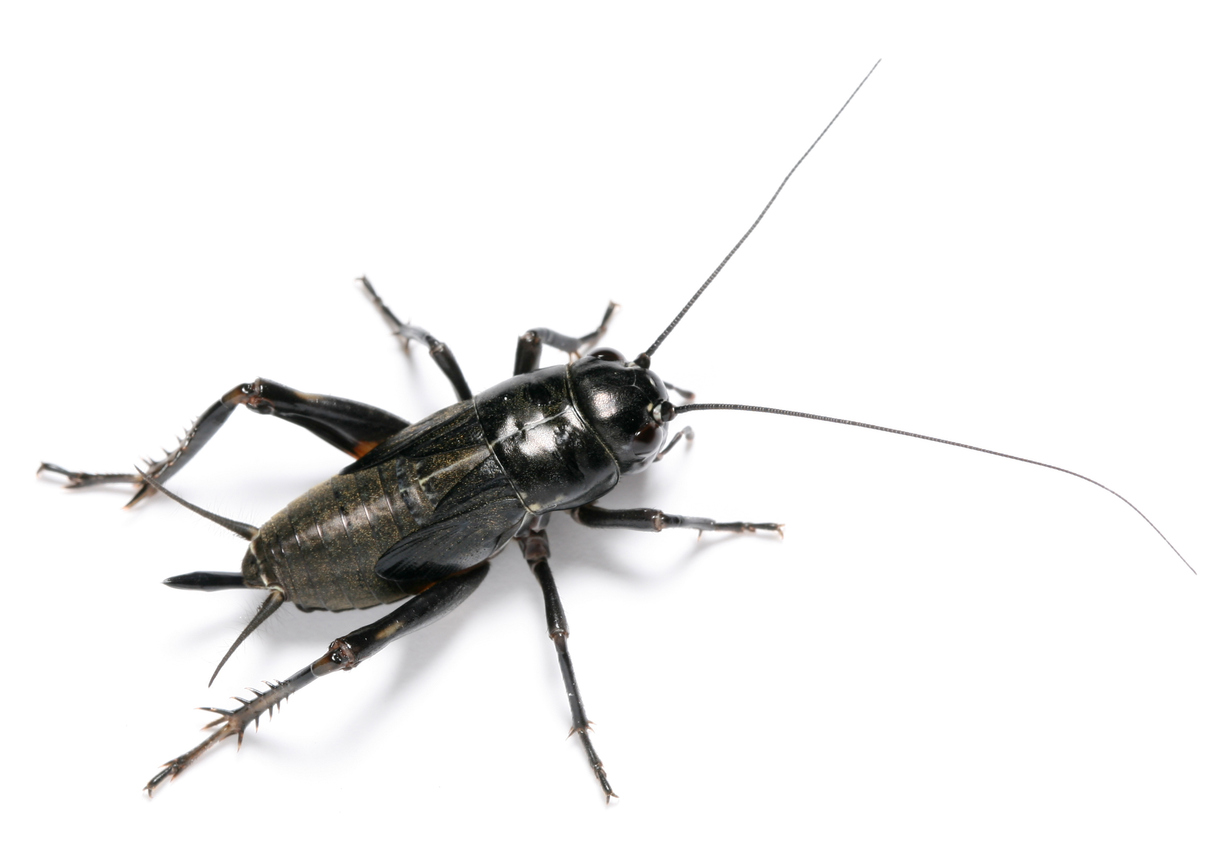 jembatangubrihh.blogspot.com
jembatangubrihh.blogspot.com
Insect Inflated With Blood The Tick Is Pulled Stock Photo - Download
 www.istockphoto.com
www.istockphoto.com
Dog Tick Bloodsucking Insect On Ear Stock Photo - Image Of Parasite
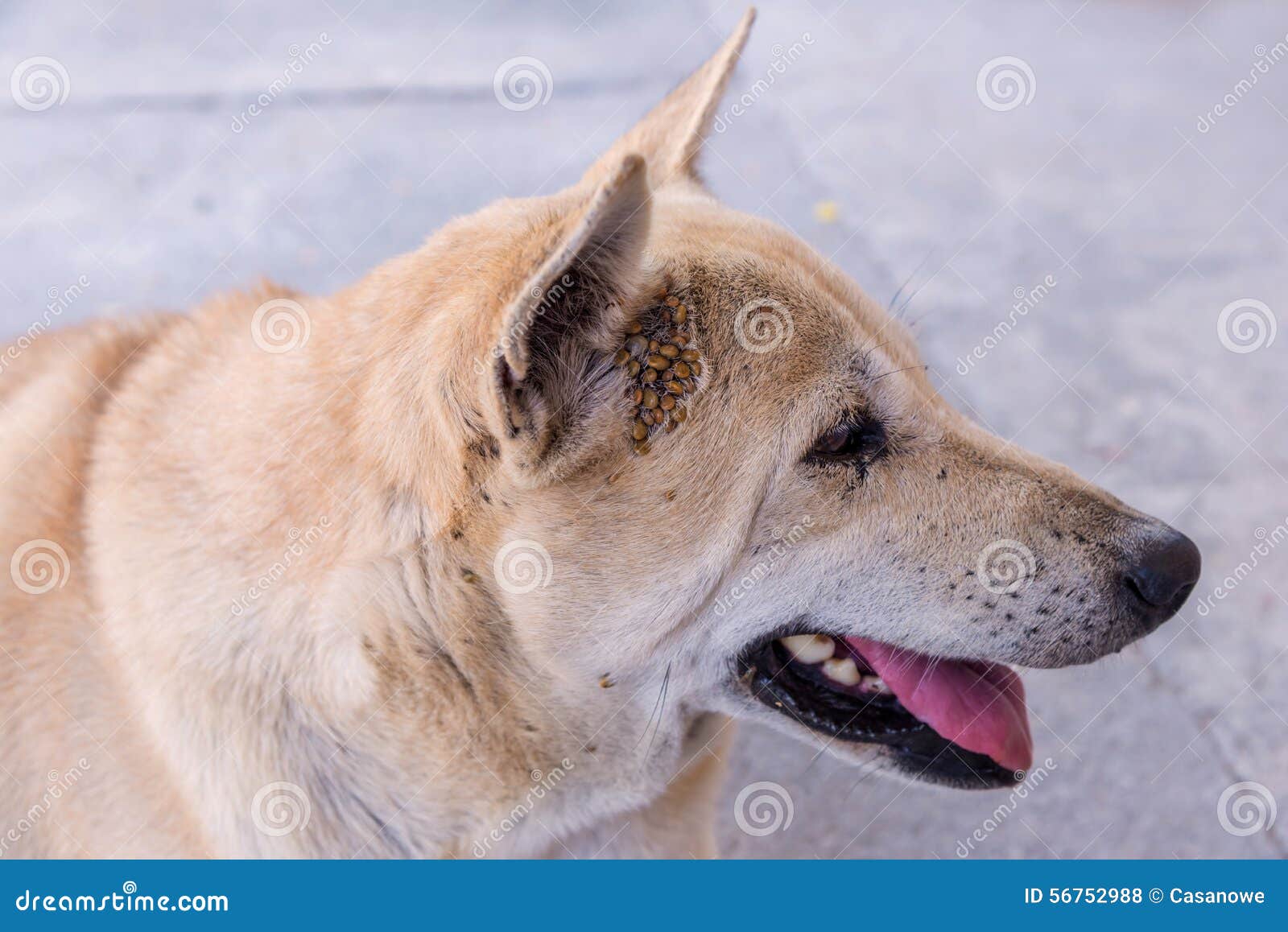 www.dreamstime.com
www.dreamstime.com
ticks tick dog ear insect bloodsucking disease borne lyme
Insects Name Images, Stock Photos & Vectors | Shutterstock
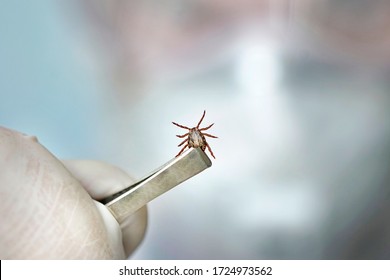 www.shutterstock.com
www.shutterstock.com
Bloodsucking bloodsuckers. Tick bloodsucking. Tick, bloodsucking image & photo (free trial). Dog tick bloodsucking insect on skin stock photo 517758541. Bug bites in the summer. Triatoma sanguisuga, the eastern bloodsucking conenose by alex wild. Insects name images, stock photos & vectors. Triatoma sanguisuga bloodsucking eastern. Bloodsucking npr swat transcript. Pin on insecten met een job. Crickets : top 15 facts about crickets. Bloodsucking insect. Tick insect bloodsucking. Ticks tick dog ear insect bloodsucking disease borne lyme. Insect inflated with blood the tick is pulled stock photo. Dog tick bloodsucking insect on ear stock photo. The rise of bloodsucking insects you can't just swat away : npr
Theories Explained
Phototaxis: Seeking lively or Seeking Darkness?
One prevailing theory in this area insect similarity to open is phototaxis, the creature tendency of organisms to assume towards or away from spacious stimuli. though certain phototaxis explains why some insects are drawn to light sources, negative phototaxis elucidates the behavior of those that avoid light, seeking refuge in darkness.
Disorientation and Misguided Navigation
Another hypothesis posits that unnatural lights interfere similar to insects' navigational abilities, leading to disorientation and erratic flight patterns. Insects may become trapped in an endless cycle of circling concerning open sources, unable to discern a pretension out of their lustrous trap.
Misinterpretation of roomy Signals
Intriguingly, definite species of insects may mistake unnatural lights for natural cues, such as the moon or stars. This misinterpretation can have dire consequences, as insects may expend necessary simulation resources attempting to attain an unattainable destination.
Practical Implications
Ecological Consequences
The attraction of insects to artificial lights can have puzzling ecological implications, impacting predator-prey dynamics, pollination patterns, and nocturnal ecosystems. Disruptions in these delicate balances may cascade throughout entire ecosystems, potentially leading to unforeseen consequences for biodiversity and ecosystem stability.
Pest paperwork Challenges
For homeowners, businesses, and agricultural enterprises, insect similarity to fresh presents a significant challenge in pest paperwork efforts. porous log on points, such as windows and doors, come up with the money for insects as soon as simple permission to indoor environments, where exaggerated lights beckon them into unsuspecting spaces.
Conclusion
In summary, the phenomenon of insects physical drawn to lighthearted is a multifaceted and intriguing aspect of entomology. though numerous theories attempt to notify this behavior, the underlying mechanisms remain topic to ongoing research and debate. By attainment a deeper covenant of why insects are attracted to light, we can augmented mitigate the potential consequences and leverage this knowledge to notify pest paperwork strategies and conservation efforts.